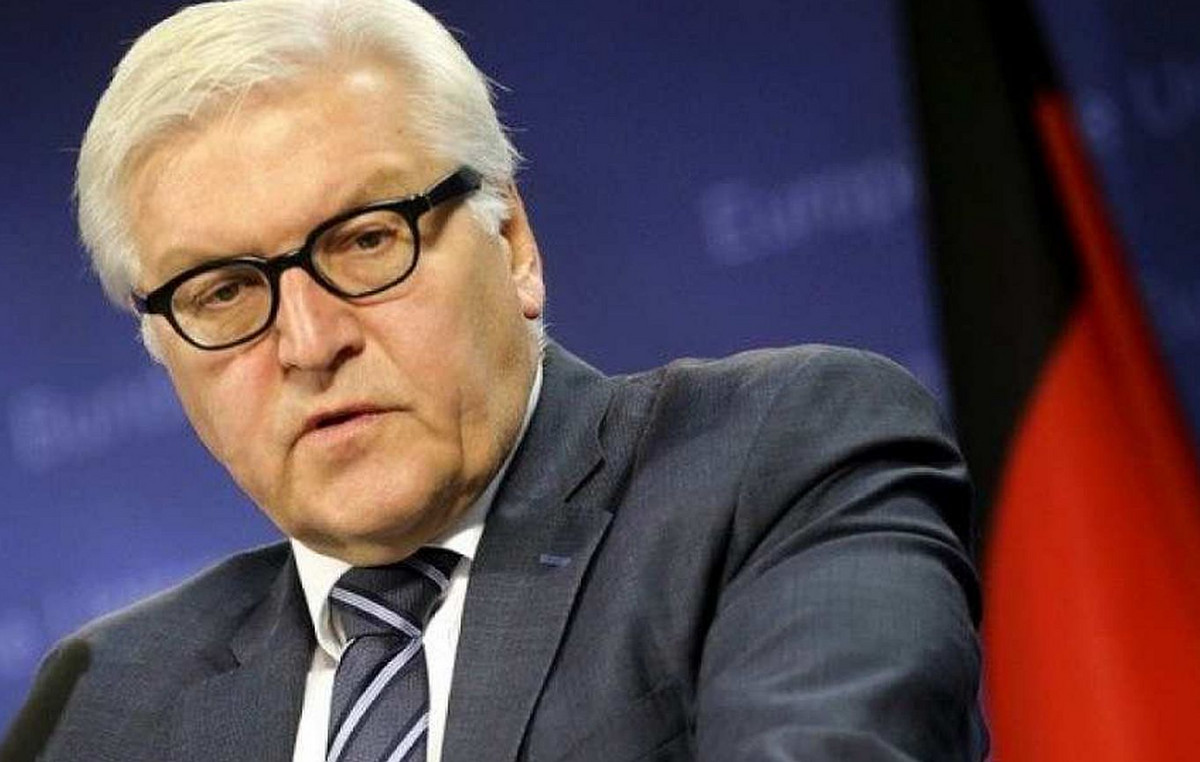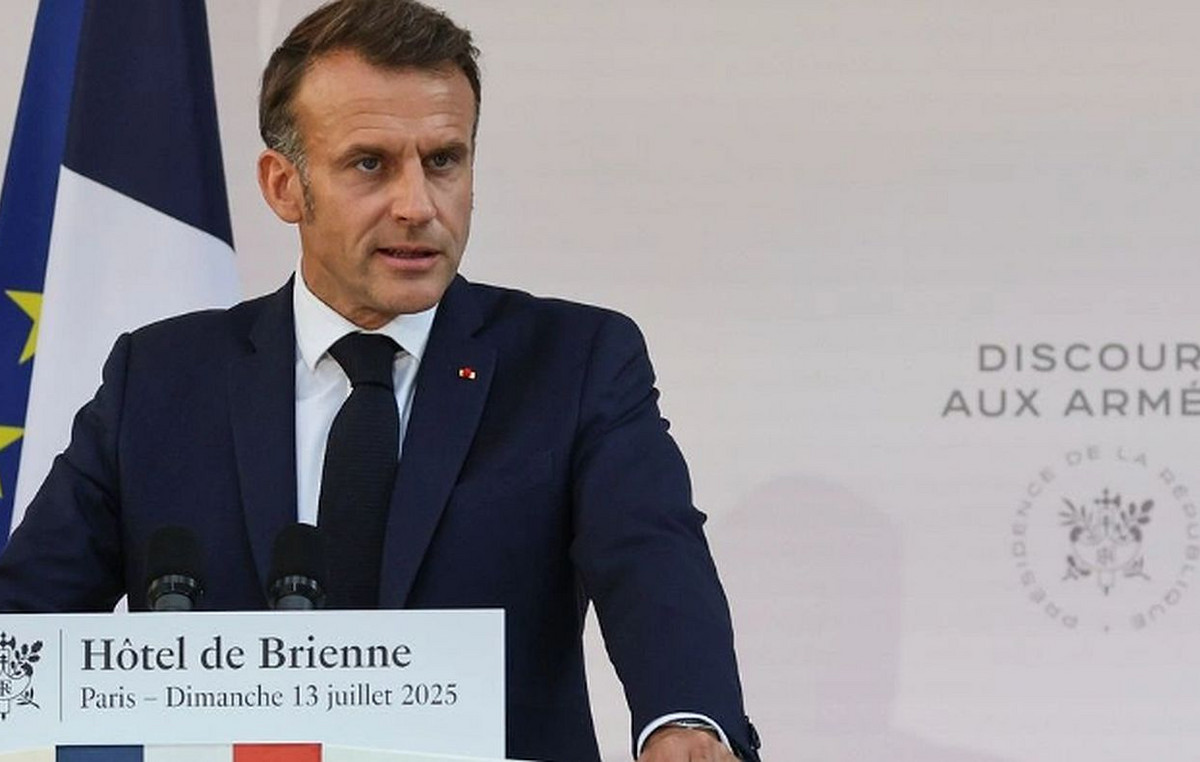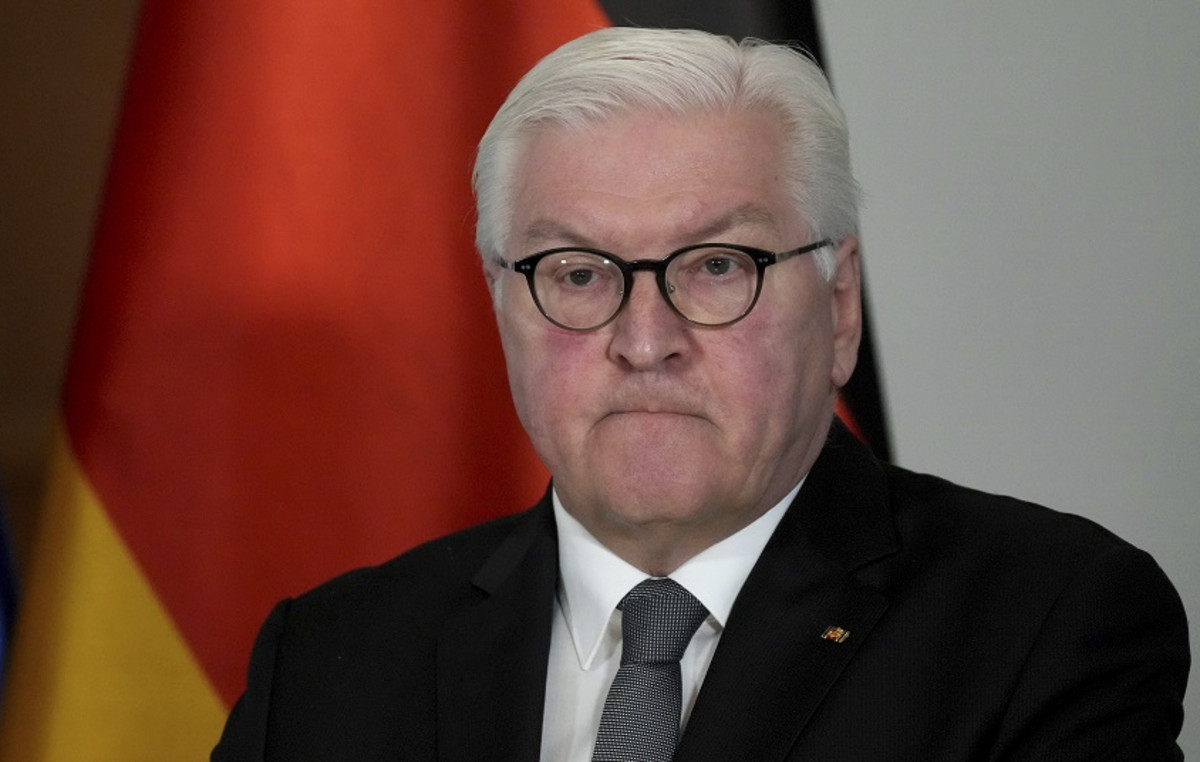Record inflation rates in the euro zone mean that price pressures will be at the top of the agenda at the next European Central Bank (ECB) monetary policy meeting next Thursday (3).
There has been no expectation of immediate action since the ECB in December outlined plans to end its €1.85 trillion pandemic stimulus scheme by the end of March.
But inflationary pressures remain strong and markets want to know whether the ECB is moving towards a more hawkish, or aggressive, stance in fighting inflation. Here are five questions on the radar for the markets.
1. Will the ECB change its language on inflation?
Possibly. The ECB has slowly changed its language and may continue to do so.
ECB Chief Economist Philip Lane said last week that the ECB would tighten monetary policy if there are forecasts that inflation will persist above its 2% target, but such a scenario seems less likely for now.
Inflation in the euro area reached 5% in December, a record high, and is expected to fall below target again in the fourth quarter.
But some officials see that projection as overly optimistic. January data, which will be released a day before the ECB meeting, could arm the hawks with new arguments to push for a change in tone. The minutes of the ECB’s December meeting revealed deep divisions over inflation among monetary policymakers.
2. Can a more aggressive Fed force the ECB to accelerate normalization?
It is unlikely. The bank’s president, Christine Lagarde, reckons that the ECB does not need to act as boldly as the US central bank, given the different economic conditions. Labor markets, for example, are much tighter in the United States.
“The eurozone is not the US and there are no signs of domestic overheating,” said Katharine Neiss, Europe’s chief economist at PGIM Fixed Income.
But a flurry of US rate hikes could complicate the ECB’s life if the Fed completes its tightening cycle faster than in the past, leaving the ECB with less time to act.
3. What does the ECB think about market pricing for interest rate hikes?
Lagarde may deny the market’s rate-raising bets, which are out of sync with the ECB’s ultra-loose monetary policy stance. Higher borrowing rates in the markets could be problematic if they trigger tighter financial conditions for companies.
Money markets are pricing in a 10 basis point rate hike through October. Deutsche Bank predicts the ECB will start with an aggressive 25 basis point rally in December.
But the ECB has largely ruled out rate hikes this year. Its aim is to gradually reduce asset purchases, but it has no plans for the time being to stop them altogether and will not raise borrowing costs before ending bond purchases.
4. When does the ECB expect the second-round effects of inflation to emerge?
With inflation higher for longer than anticipated and oil prices high, monetary policymakers are wary of whether this will trigger higher wage demands, which in turn will intensify the price advance.
Officials have emphasized that they do not see wages responding significantly to inflation. Germany’s government believes the economic recovery and higher inflation are likely to lead to “slightly stronger wage growth” this year.
“The case for higher wages is extremely good as we are seeing tighter labor markets in places like Germany and the Netherlands. The question is whether it will be an isolated case,” said Piet Haines Christiansen, chief strategist at Danske Bank.
“Wages are the missing piece of the puzzle, and if we see inflation in them, we will have a rise in interest rates. And that could happen as early as spring (in the Northern Hemisphere) of next year.”
5. How will the change in the response to the pandemic affect the macro picture?
The Omicron variant of the coronavirus has taken a toll on the economy, but with most countries avoiding complete lockdowns, the data suggests activity is holding up relatively well.
Lane said Omicron’s impact will be measured in weeks, not months.
For ECB watchers, signs that economic momentum is picking up pace mean that the pressure to remove stimulus quickly could mount. Uncertainties also cloud the outlook, amid doubts about how high oil prices and a slowdown in China could derail growth.
Source: CNN Brasil
I am Sophia william, author of World Stock Market. I have a degree in journalism from the University of Missouri and I have worked as a reporter for several news websites. I have a passion for writing and informing people about the latest news and events happening in the world. I strive to be accurate and unbiased in my reporting, and I hope to provide readers with valuable information that they can use to make informed decisions.







